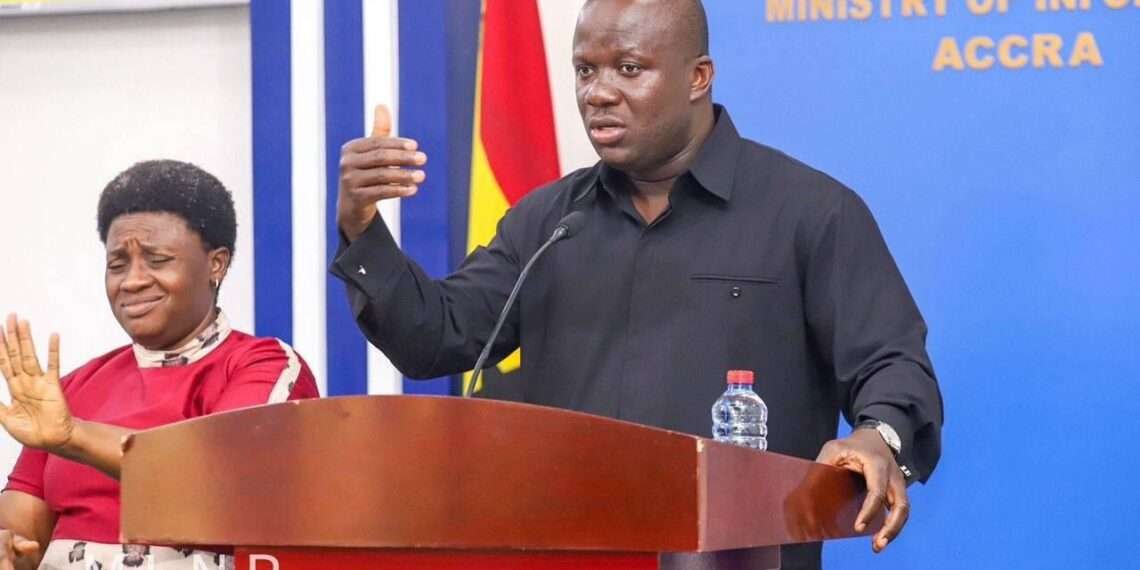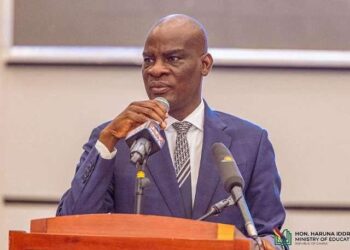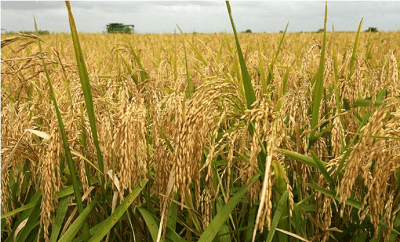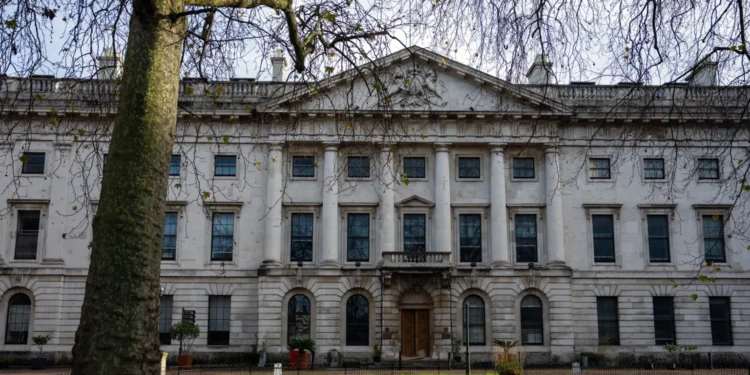The Minister for Lands and Natural Resources, Hon. Samuel A. Jinapor, MP, has provided a comprehensive clarification on the state of public lands in Ghana, addressing widespread allegations and misinformation regarding state capture and misuse of these lands.
Speaking at the Minister’s Press Briefing session on Wednesday, August 14, 2024, the Minister outlined the government’s unwavering commitment to protecting public lands and detailed the steps being taken to empower the Lands Commission to fulfill its mandate effectively.
“The agreements concerning state lands that have sparked public debate actually predate the Akufo-Addo administration. The Government has not engaged in or entered into agreements with any institution or person for the sale or lease of public lands.”
Hon. Samuel A. Jinapor, MP, Minister for Lands and Natural Resources
During the briefing, Hon. Jinapor addressed several concerns that have recently become the subject of public discourse, particularly regarding the management and alleged misappropriation of state-owned lands.
The Minister emphatically dismissed claims of state capture and clarified that the current administration, led by President Nana Addo Dankwa Akufo-Addo, has remained steadfast in its commitment to safeguarding public lands for future generations.
In an effort to further secure public lands, the government has instituted several measures aimed at strengthening the regulatory and operational frameworks of the Lands Commission. Hon. Jinapor enumerated the steps being taken, including enhancing the capacity of the Commission to ensure it can deliver on its mandate more effectively.
“The government is reviewing and updating laws governing land administration to close any loopholes that could be exploited for unlawful land acquisition.
“A significant push towards the digitalization of land records and transactions has been initiated to enhance transparency and efficiency in land management.”
Hon. Samuel A. Jinapor, MP, Minister for Lands and Natural Resources
Hon. Jinapor assured the public of the government’s absolute commitment to protecting public lands, emphasizing that these lands are held in trust for the people of Ghana and will be preserved for the benefit of future generations.
Bulgarian Embassy Land Controversy
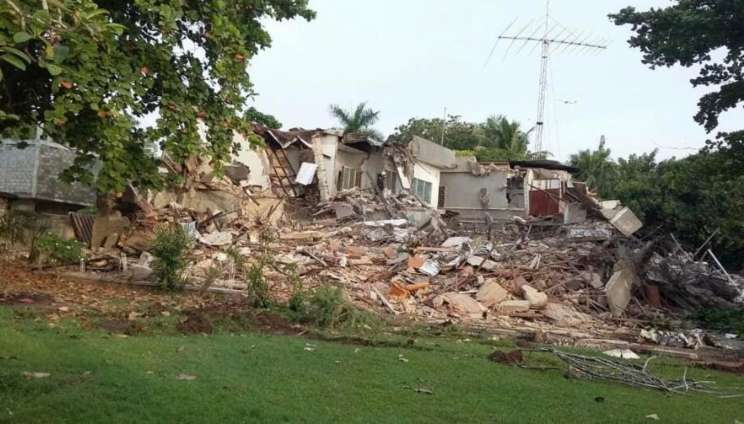
Addressing specific allegations concerning the demolition of the Bulgarian Embassy in Accra, Hon. Jinapor provided a detailed historical context to clarify the situation.
Hon. Jinapor explained that the land in question forms part of a larger parcel acquired by the State in 1920. This land was subsequently granted to a private individual, Theophilus Kofi Leighton, in 1977 for a 99-year lease starting from April 1, 1974. This lease is set to expire in 2073, meaning that until then, the government does not have direct control over the use of the land.
Hon. Jinapor clarified that the government of Ghana did not engage in the sale of the land to any third party, nor did it make any payments to the Bulgarian government as has been speculated in some quarters.
“The government only stepped in as a mediator in the dispute between the private leaseholder and the Bulgarian Embassy, and at no point did it pay any money to the Bulgarian government,” the Minister stated unequivocally.
Hon. Jinapor further explained that the Bulgarian Embassy had entered into a private contract with Mr. Leighton to rent the house on the land for short-term diplomatic purposes. This arrangement, however, was not a sale or transfer of ownership, but a standard leasing agreement, which has since expired.
The controversy surrounding the land and the demolition of the Embassy building is rooted in misunderstandings of these historical agreements, which predate the current administration.
Hon. Jinapor reiterated the government’s commitment to transparency, accountability, and the protection of public lands. He called on the public to rely on accurate information and to avoid being swayed by misinformation or unfounded allegations.
The Minister also assured Ghanaians that the Lands Commission is being empowered to manage the nation’s land resources more effectively, ensuring that public lands are used in a manner that benefits all citizens.
READ ALSO: Oil Surplus Looms If OPEC+ Increases Supplies, IEA Data Shows



